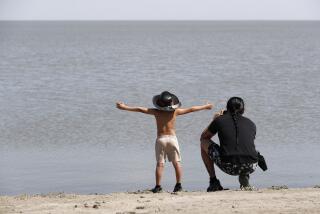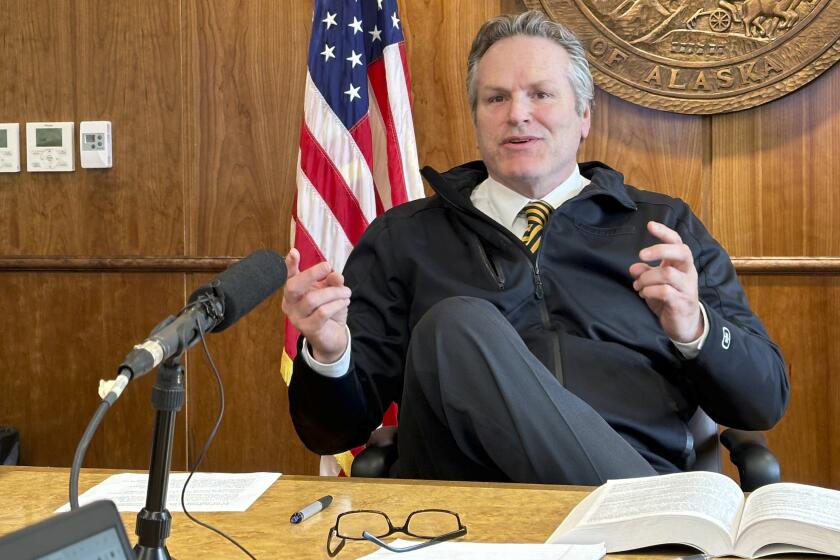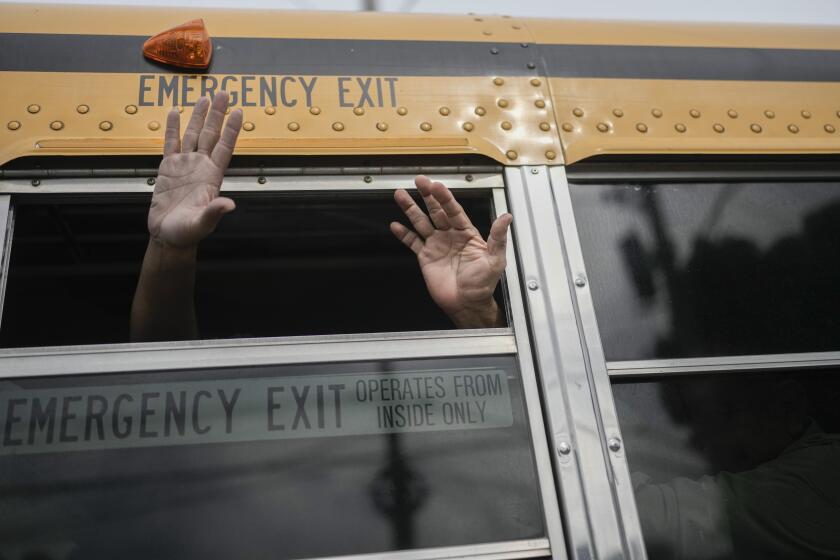Ireland opposition groups agree on forming coalition government
Ireland’s two longtime opposition parties agreed Sunday to rule the country together after a historic election that saw the previous government suffer a crushing defeat over the country’s economic collapse.
The leaders of Fine Gael and the Labor Party announced they would form a coalition to govern the Emerald Isle, whose once-dynamic economy imploded during the global financial meltdown, forcing officials to seek a humiliating international bailout.
The coalition said it would follow through on the previous government’s pledge to reduce Ireland’s staggering budget deficit. But it gave notice that it would try to win more favorable terms for the $113-billion lifeline that the International Monetary Fund and the European Union offered Dublin in November.
Anger over the rescue package, and the flawed policies that led to an unsustainable boom based on an inflated property market, resulted in a rout of the storied Fianna Fail party at the polls Feb. 26. The party, which has ruled Ireland for most of its eight decades as an independent nation, is widely blamed for the economic situation and managed to hold on to only 20 seats in the 166-member Parliament, about a quarter of the number it won four years ago.
It was the first time since 1932 that Fianna Fail did not win the most seats in an incoming Parliament.
The agreement between Fine Gael, which captured 76 seats, and Labor, with 37, ends a 14-year lock on government by Fianna Fail. The coalition will be headed by Fine Gael’s Enda Kenny, the presumptive prime minister, a former schoolteacher whose perceived lack of charisma did not faze voters intent on punishing Fianna Fail.
Kenny will inherit a government faced with a budget deficit equal to nearly a third of Ireland’s economic output, the highest ratio in Europe. The shortfall was brought on by the previous government’s decision to assume the debts of Ireland’s over-leveraged banks, which invested heavily in the real estate market.
Now, thousands of housing units in Ireland sit empty, homeowners are struggling to pay their mortgages, and the unemployment rate has topped 13%. Experts estimate that about 1,000 residents leave Ireland every week in search of better economic opportunities elsewhere.
“The big challenge for Ireland is to develop a strategy that will allow job growth and sustainable enterprise,” the government coalition said in its new action program.
It pledges to invest in training programs for the unemployed and to cut sales tax. The coalition also said it would seek a better interest rate on the loans that anchor the bailout Dublin accepted in November.
More to Read
Sign up for Essential California
The most important California stories and recommendations in your inbox every morning.
You may occasionally receive promotional content from the Los Angeles Times.







